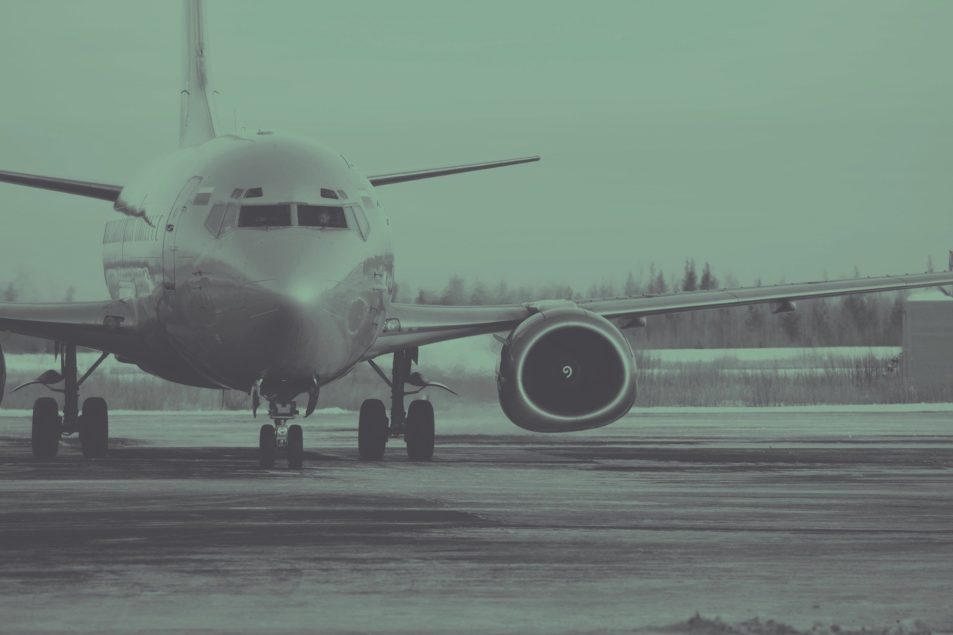Global air freight markets showed improvement from pandemic recession levels in June, but at a slower pace than some of the traditional leading indicators would suggest, according to a report from the International Air Transport Association (IATA).
Three business measures showed that the sector still shrunk in June, but at a slower pace of descent than the previous month:
- global demand as measured in cargo tonne-kilometers (CTKs), fell by 17.6% in June compared to the previous year, marking a modest improvement from the 20.1% year-on-year drop recorded in May,
- global capacity as measured in available cargo tonne-kilometers (ACTKs), shrank by 34.1% in June compared to the previous year, staying on par with the 34.8% year-on-year drop in May, and
- belly capacity for international air cargo shrank by 70% in June compared to the previous year due to the withdrawal of passenger services amid the Covid-19 crisis, a deep plunge that was partially offset by a 32% increase in capacity through expanded use of freighter aircraft.
“Cargo is, by far, healthier than the passenger markets but doing business remains exceptionally challenging,” Alexandre de Juniac, IATA’s director general and CEO, said in a release. “While economic activity is re-starting after major lockdown disruptions there has not been a major boost in demand. The rush to get personal protective equipment (PPE) to market has subsided as supply chains regularized, enabling shippers to use cheaper sea and rail options. And the capacity crunch continues because passenger operations are recovering very slowly.”
Specifically, IATA also released an updated global passenger forecast showing that the recovery in passenger traffic has been slower than had been expected, stating that global passenger traffic—measured in revenue passenger kilometers (RPKs)—will not return to pre-Covid-19 levels until 2024, a year later than previously projected.
That slow recovery will happen faster in short-haul travel than for long-haul travel, causing passenger numbers to recover faster than traffic measured in RPKs, IATA predicted. Even in the short-haul sector, however, a recovery to pre-Covid-19 levels will slide by a year from 2022 to 2023. By the monthly statistics, June 2020 passenger traffic foreshadowed the slower-than-expected recovery since traffic in RPK fell 86.5% compared to the year-ago period. That is only slightly improved from a 91.0% contraction in May, thanks to rising demand in domestic markets, particularly China.
The reason for the delayed recovery is slow virus containment efforts in the U.S. and in developing economies, IATA said. Although other developed economies have been largely successful in containing the spread of the virus, renewed outbreaks have recently occurred in the U.S. and in developing nations. Furthermore, there is little sign of virus containment in many important “emerging” economies, which in combination with the U.S., represent around 40% of global air travel markets, IATA said.
#Aircargo demand is recovering slowly from the effect of #COVID19??
Global demand fell by 17.6% in June, a modest improvement from the 20.1% year-on-year drop recorded in May.
?? https://t.co/klHl6EQF79 pic.twitter.com/TQrmxQq8mw— IATA (@IATA) July 28, 2020


